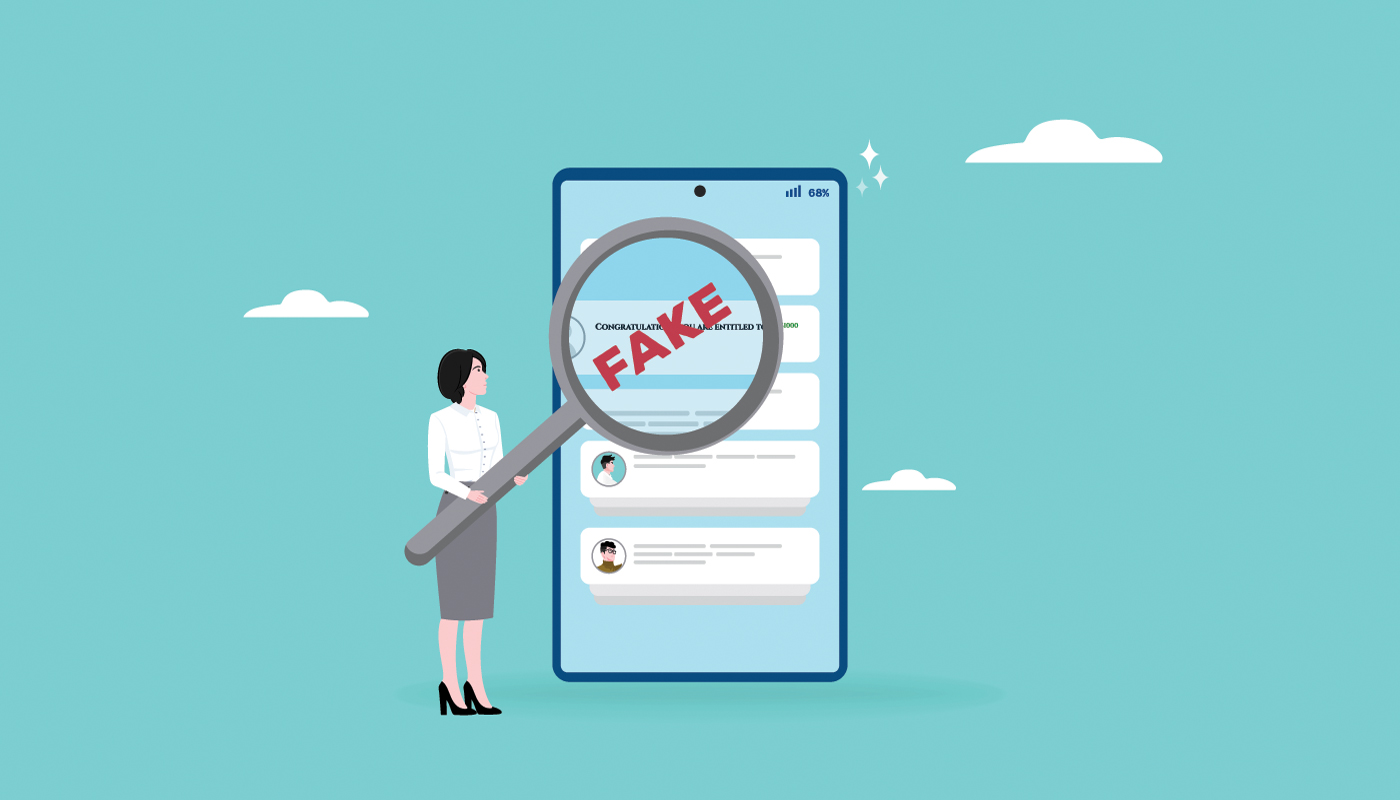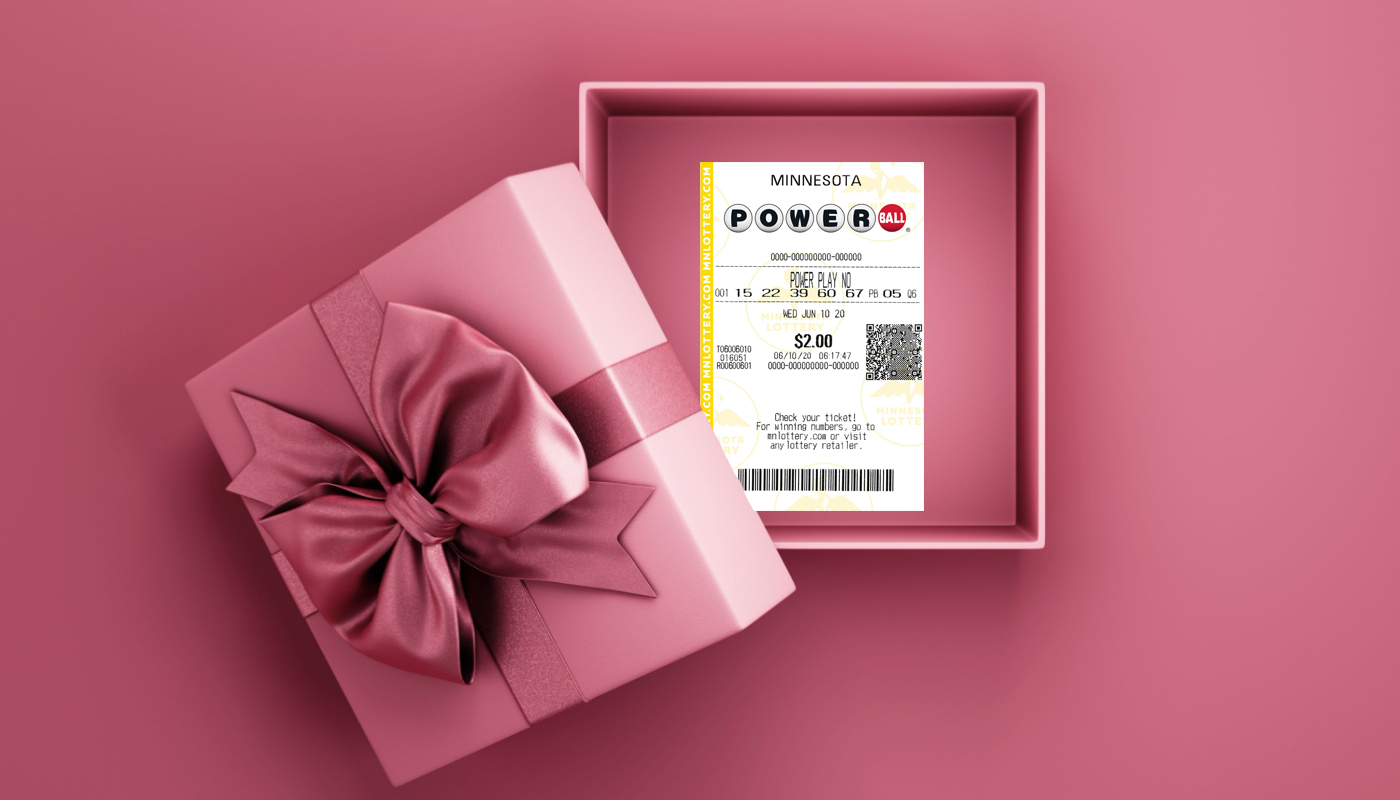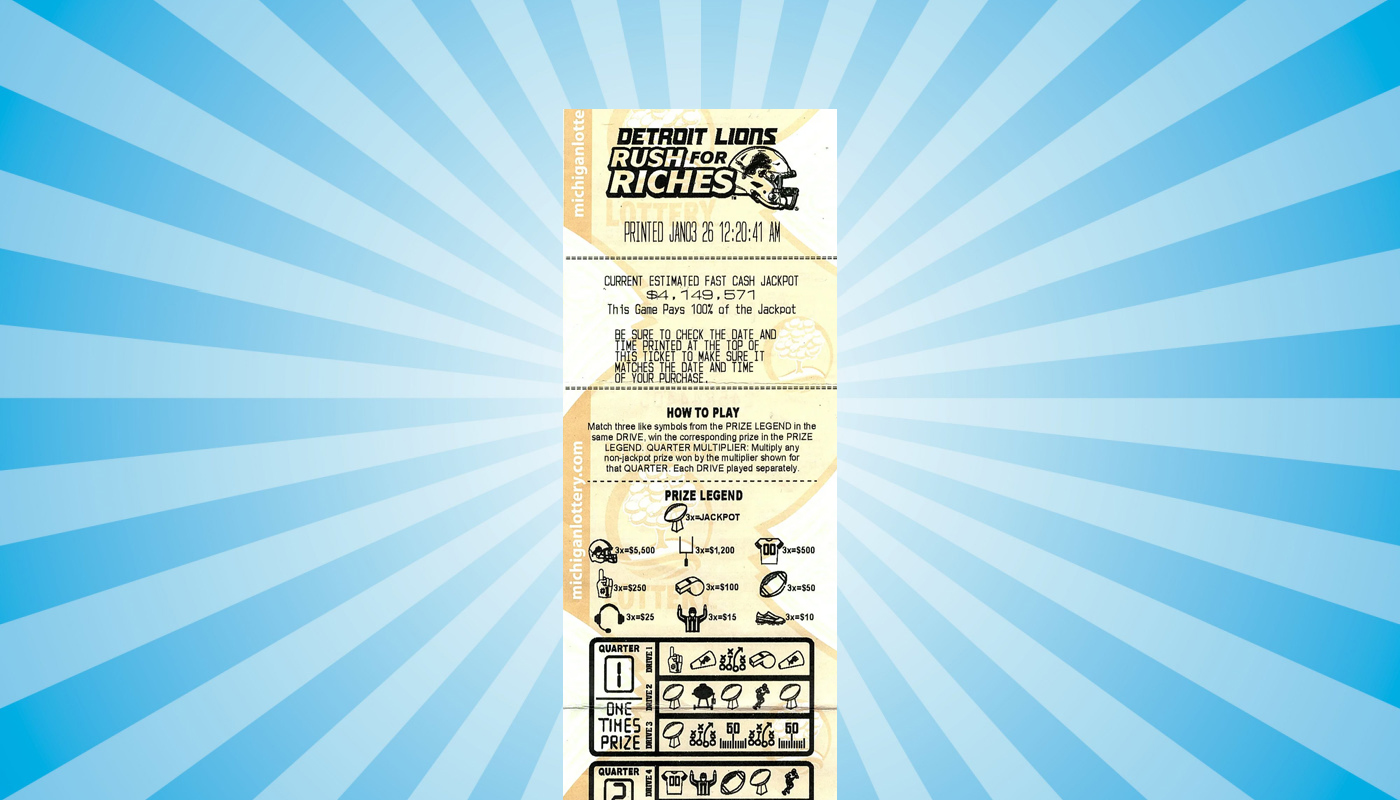
News writer, Interviewer
Lottery USA wants to alert its readers to an increase in lottery scam emails. Some of these fraudsters are impersonating Lottery USA representatives and sending fake prize notifications to steal money and personal information.
The scam message
Victims receive emails claiming they've won $1,500,000. The message usually reads:
We are thrilled to inform you that your email address was selected as one of the LOTTERYUSA lucky winners the draw was held on 18th of July 2025. Your email address attached to ticket number #872-82174 was randomly selected, entitling you to a prize of $1,500,000.00 [One million five hundred thousand dollars]. This lottery draw was conducted in accordance with our official rules and regulations, and all...
The emails also carry fake signatures. Common ones include:
"Warm regards, Jacob Adams Coordinator LOTTERYUSA"
"Regards Ann Harrison Bank of America LOTTERYUSA Representative"
Neither person works for Lottery USA.
Red flags to watch for
Some victims receive fake checks. One reported getting a $3,400 check with LOWE's as the issuer. Others face demands for "transfer fees" to claim their prize.
These are classic warning signs. Legitimate lotteries never ask winners to pay fees up front. They don't send unsolicited emails about prizes you didn't enter to win.
Watch for urgent language demanding immediate action, requests for personal information, and poor grammar.
What are lottery scams?
Lottery scams exploit the excitement of winning money to mask their real objective: stealing from victims.
Scammers contact targets through email, phone, or social media. They claim the person won a lottery prize. The goal? Trick victims into sending money or sharing personal information.
Why do these scams work?
The lottery scam uses distraction fraud tactics. Victims become fixated on receiving large sums of money. This excitement clouds their judgment. They drop their guard, giving scammers the perfect opening.
Scammers create false urgency. They claim prizes expire soon or that delays will forfeit winnings. This pressure prevents victims from thinking clearly.
Who gets targeted?
Anyone can become a victim. Don't assume only elderly or vulnerable people fall for these schemes. Scammers cast wide nets, targeting people across all demographics.
Scammers are skilled social engineers. They use psychological manipulation to make unbelievable stories seem real.
Most fraud victims ask themselves later: "How did I fall for such an obvious scam?"
How to protect yourself
Remember this rule: Lottery USA never contacts lottery winners. We don't ask for money or personal details.
If someone claims to represent Lottery USA:
-
Don't share personal information.
-
Don't send money.
-
Report the scam to us.
-
File a complaint with the Federal Trade Commission.
Take action
Received a suspicious message? Don't engage with the sender. Block their email address immediately.
Visit our scam prevention page for resources and guidance. Report the incident to the Federal Trade Commission at ftc.gov. Stay alert. These scammers are persistent, but knowledge is your best defense.



















Comments